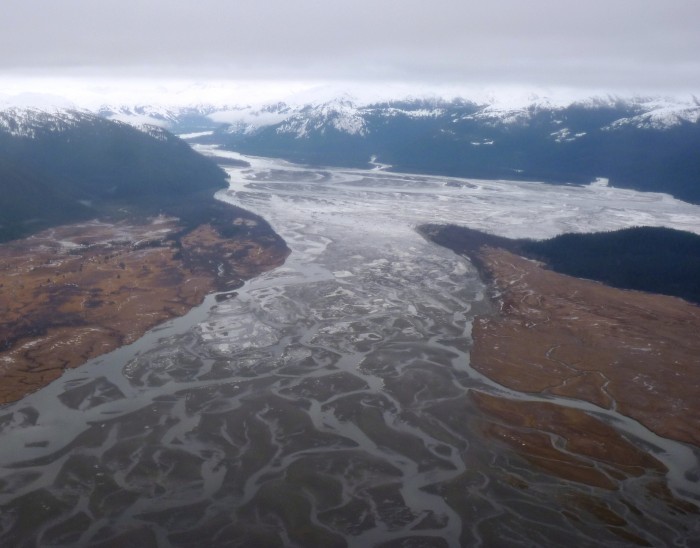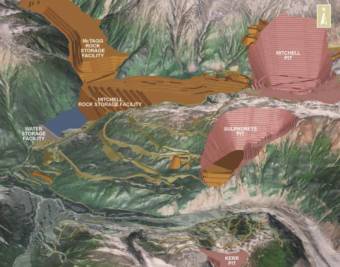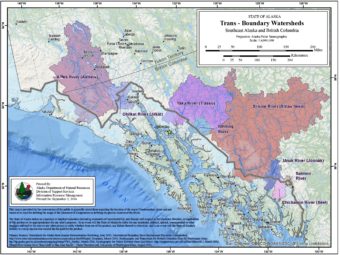
The U.S. Congress has appropriated more than $3.6 million to monitor transboundary watersheds and for diplomatic efforts in cross-border negotiations with Canada.
The lion’s share will go to the U.S. Geological Survey for pollution monitoring and cleanup projects. The money is not exclusive to Alaska transboundary watersheds or mining concerns but is spent at the discretion of the federal agency.
The funding also stipulates greater coordination with Native tribes in Southeast Alaska and northern Montana, where most transboundary watersheds lie. The Central Council of Tlingit and Haida has been collecting baseline water quality data since 2015 on the Taku and Stikine rivers, as well as sampling of other Southeast rivers that are downstream from mines in British Columbia.
Appropriations for water quality monitoring have been a regular feature of Congressional appropriations bills since 2016, when Congress set aside $120,000 for water quality monitoring on the Unuk River.
New to the 2021 appropriations bill is $500,000 for the U.S. State Department to address outstanding transboundary watershed and mining concerns. Environmental groups have been pushing for federal involvement in international transboundary watershed negotiations and monitoring.
The funding was approved as a part of the larger appropriations bill passed by Congress on Dec. 21. It awaits President Trump’s signature.



